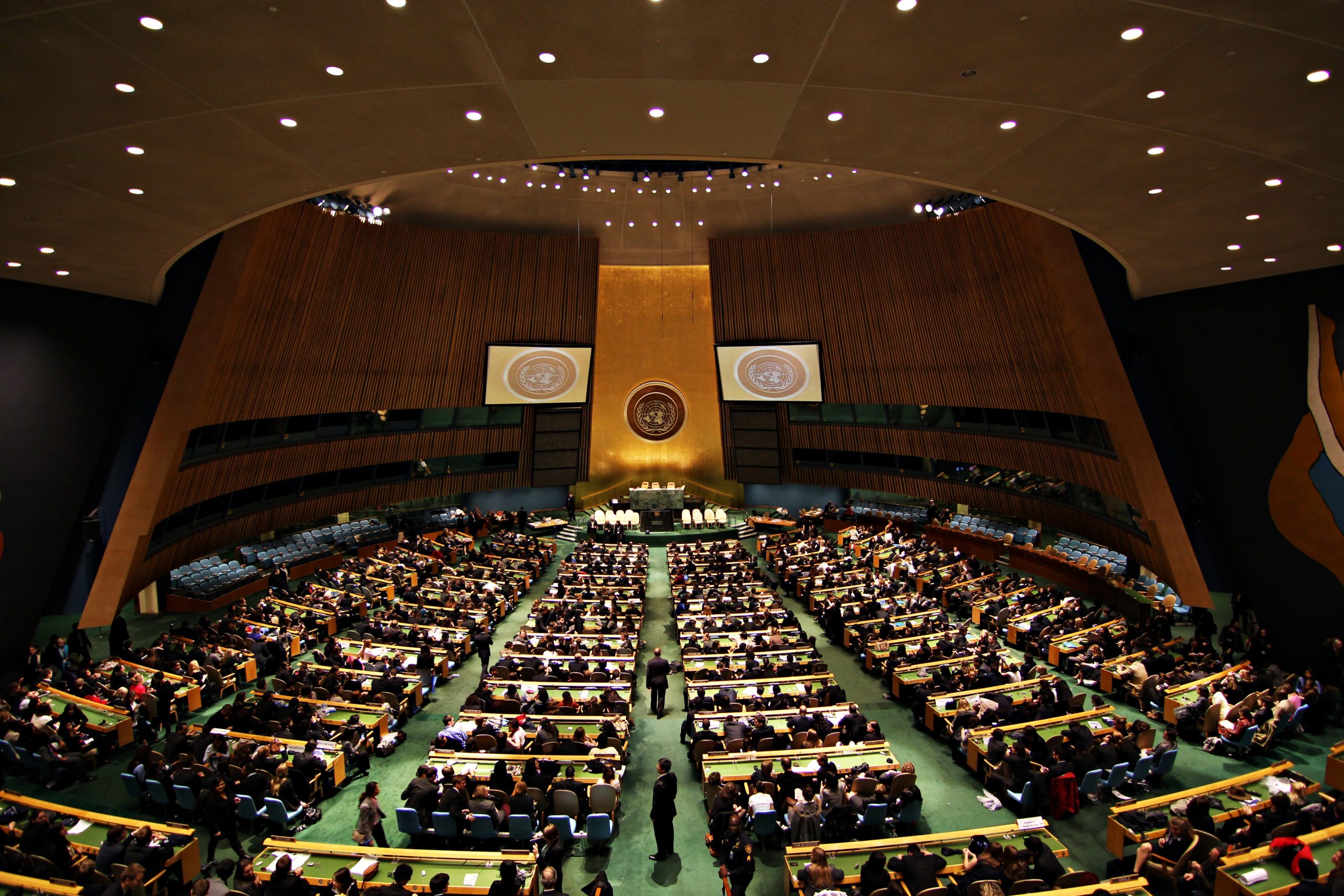
In Danger of Falling Short: The EU, the Global South, and the Reform of Multilateralism

In
In recent decades, the world order has shifted from the bipolarity of the Cold War and the unipolar moment dominated by the United States to a multipolar setting. China has established itself as a direct competitor to the US for global leadership. In addition, medium and large countries strive for regional and global influence, representing the Global South and seeking fair participation in global governance. Competing interests and perspectives in the new multipolarity have led to a decline in multilateral cooperation and prevented joint responses to significant challenges such as climate change, the Covid-19 pandemic and the wars in Ukraine and Gaza.
Against this backdrop, the reform of multilateralism proposed by UN Secretary-General Guterres in his 2021 report “Our Common Agenda” has received broad international support. A UN “Summit of the Future” is planned for 22-23 September 2024 in New York to enshrine commitments to reform multilateralism in a politically binding “Pact for the Future”. Key priorities include implementing global commitments such as the 2030 Agenda for Sustainable Development, adapting global governance institutions to current realities and tackling new areas such as digitalisation and artificial intelligence through enhanced global cooperation.
The European Union strongly supports the reform efforts led by the United Nations. However, there is a risk of failure unless all UN Member States throw their entire weight behind common reform goals. Given the changing global dynamics, this paper suggests that the EU should reflect thoroughly on the implications of a multipolar world, notably the rise of the Global South, for its role in global affairs. On this basis, the EU should develop and implement a strategy for practical cooperation with these countries. The goal is to ensure the success of multilateralism reform and promote EU leadership in advancing inclusive global governance.
(Photo credit: Basil D.Soufi, Flickr)